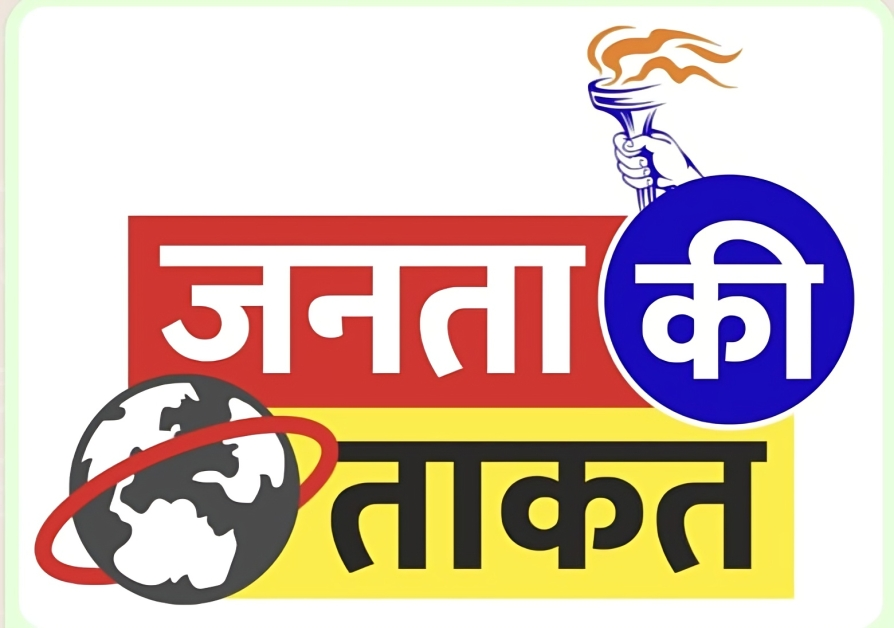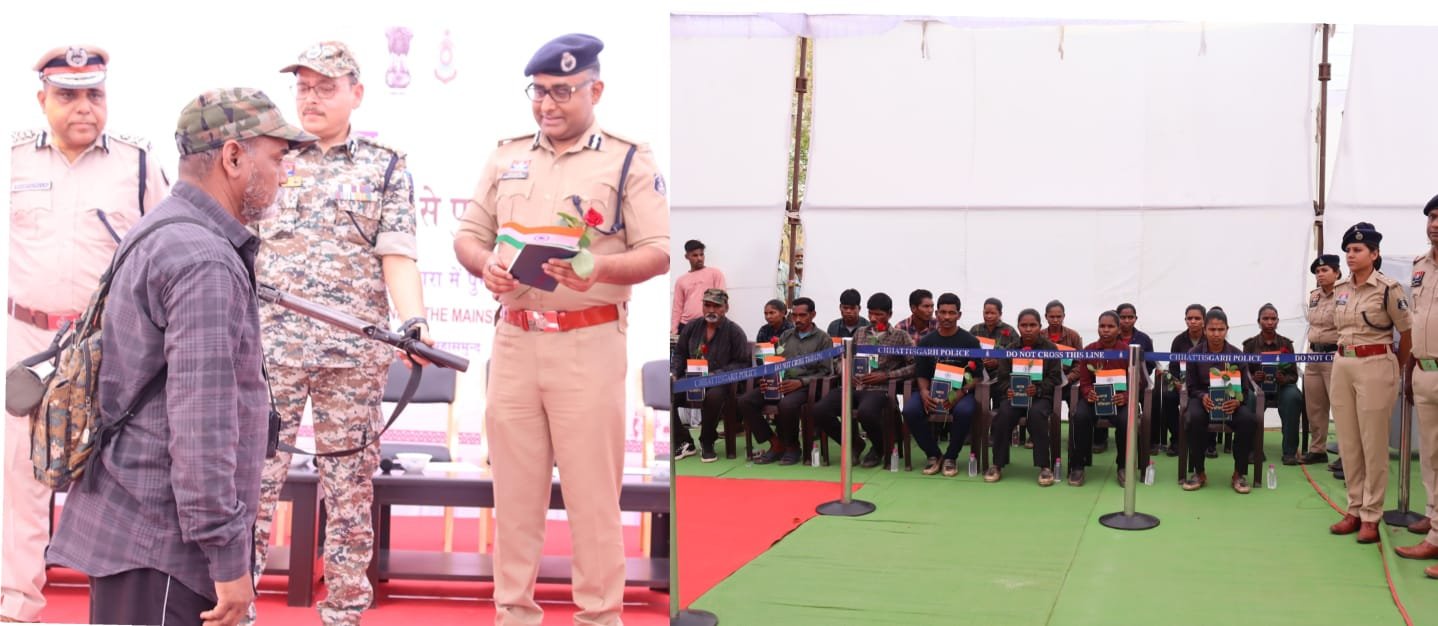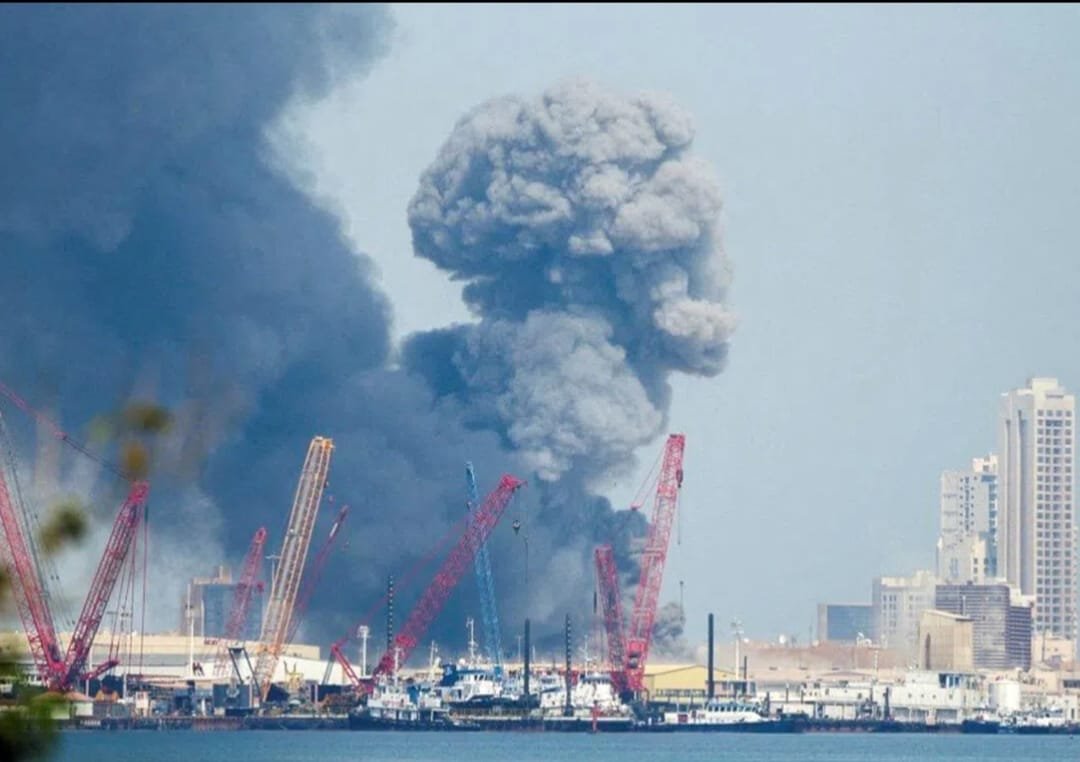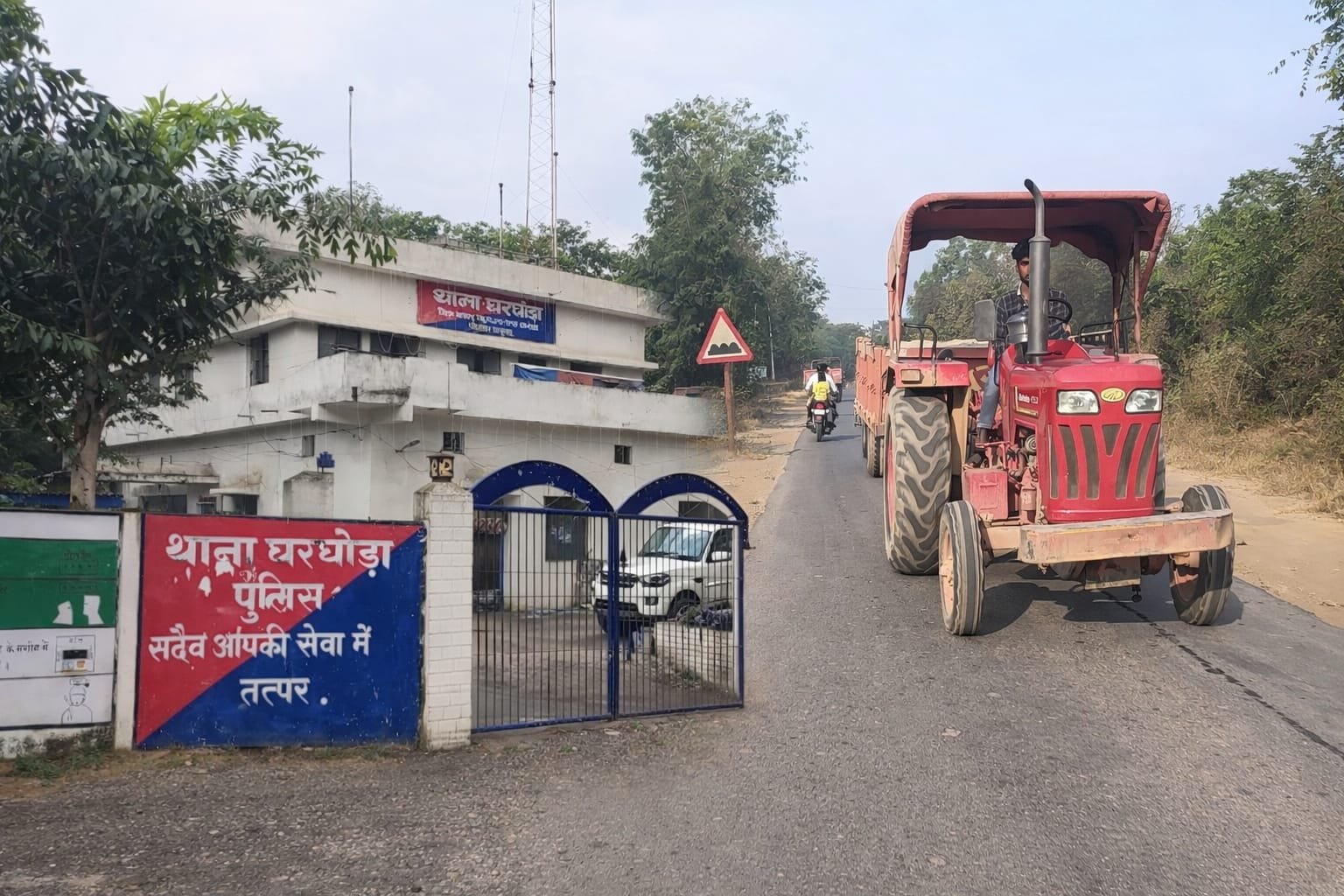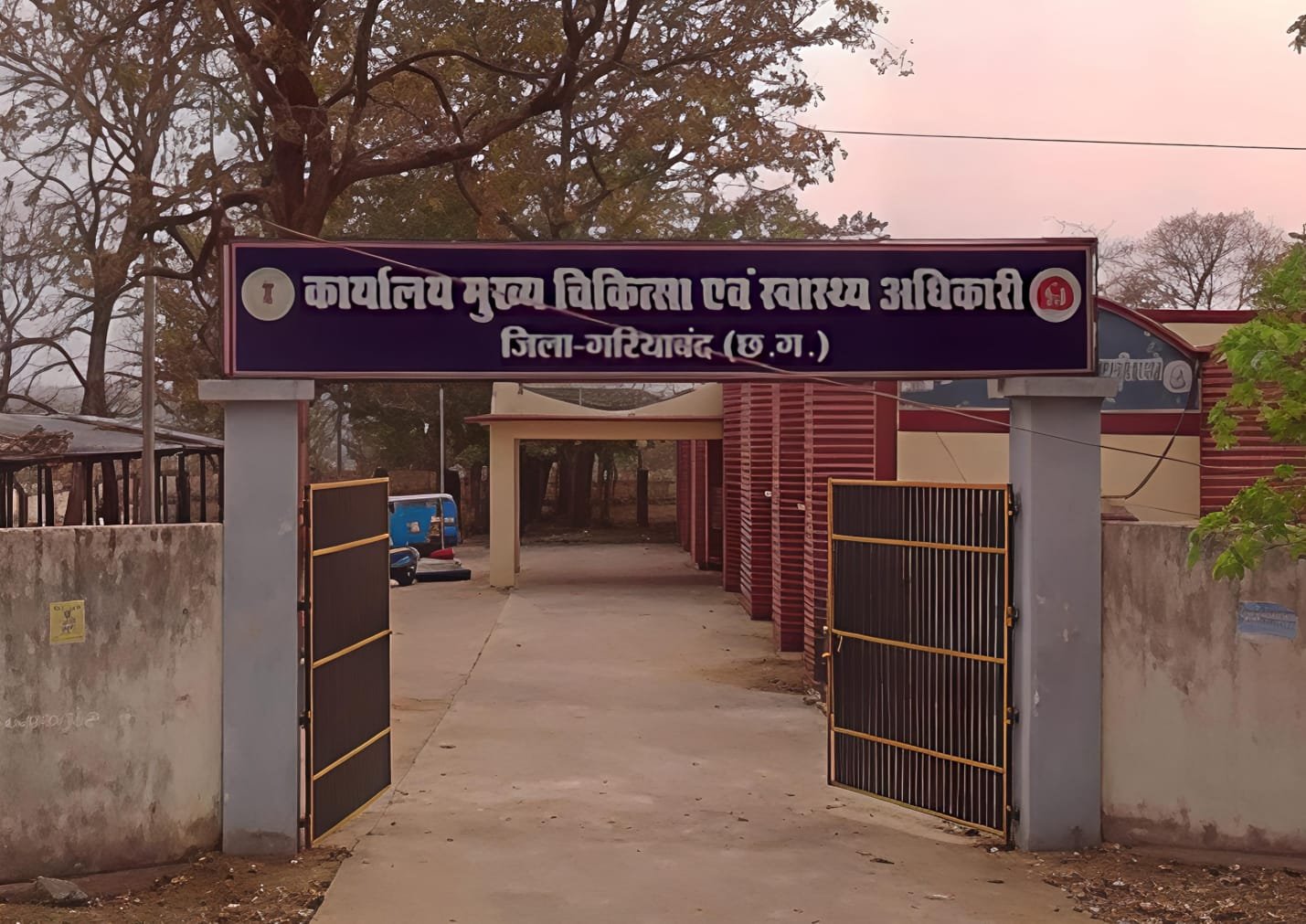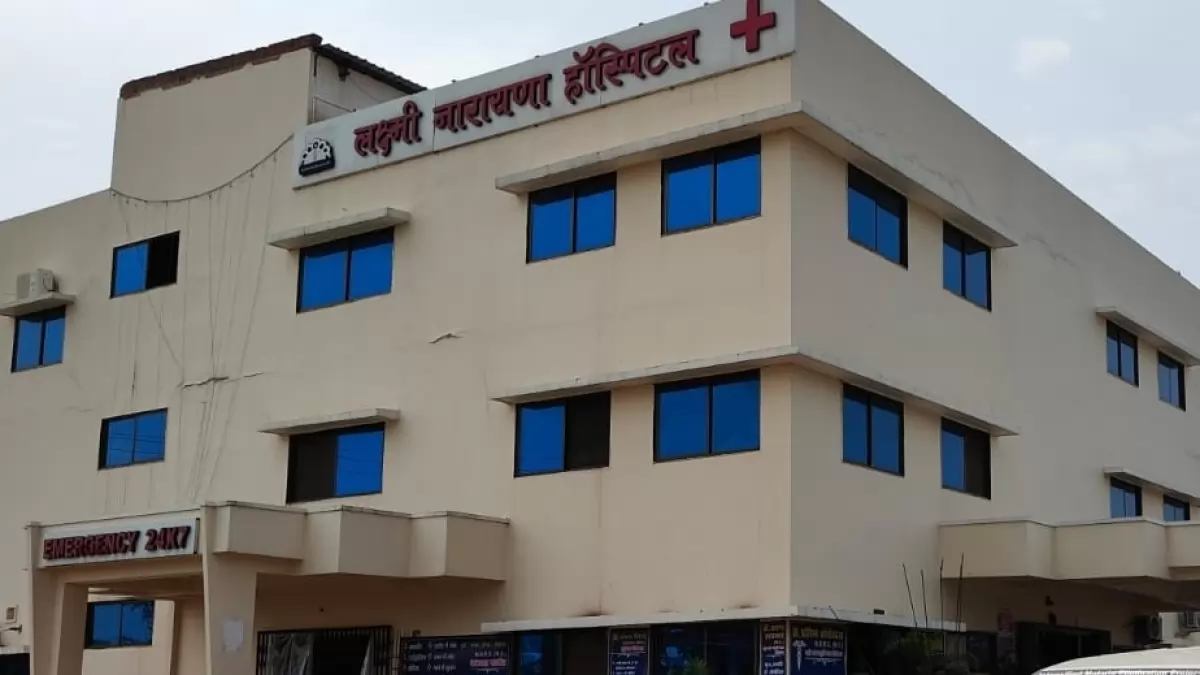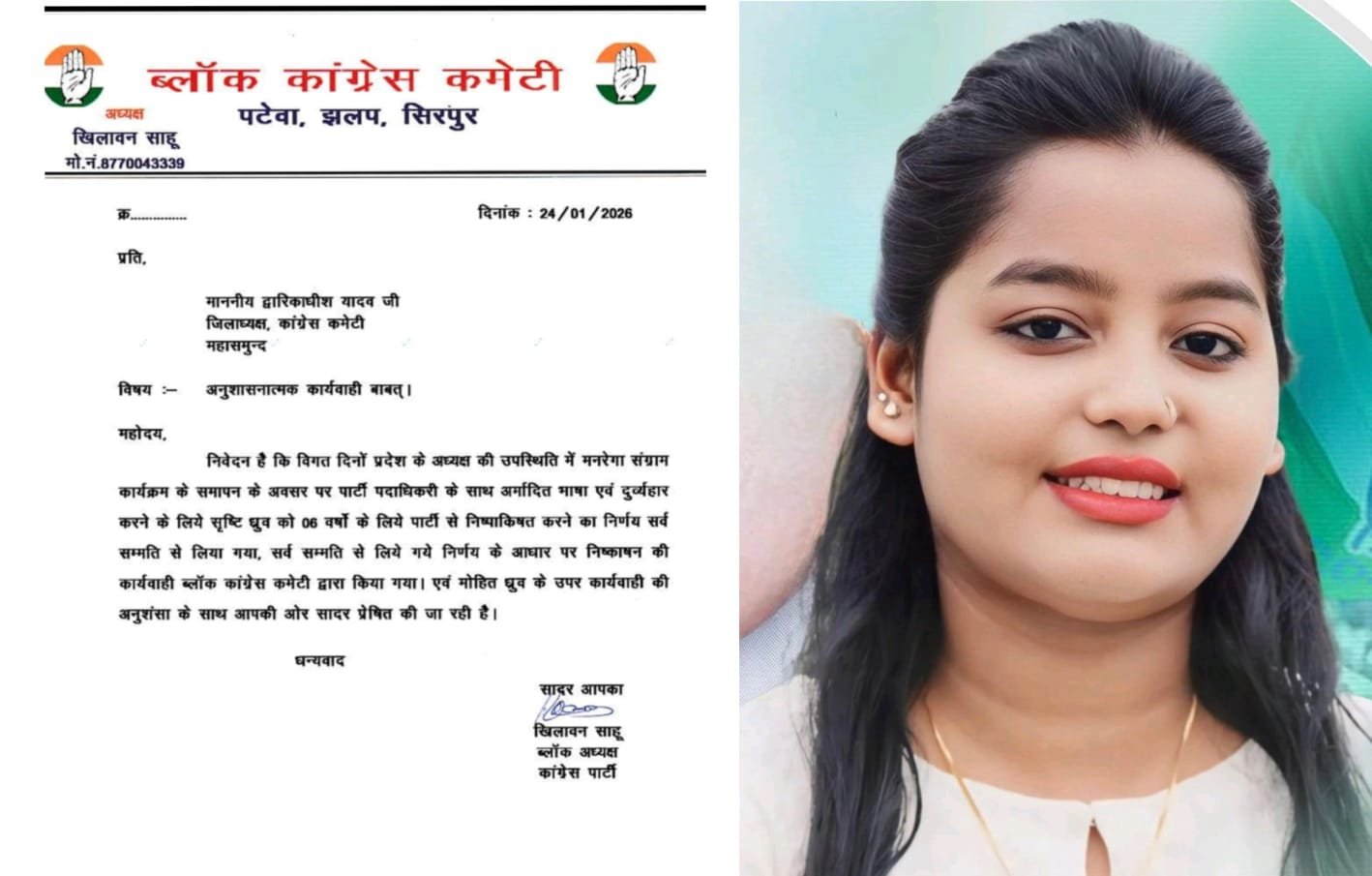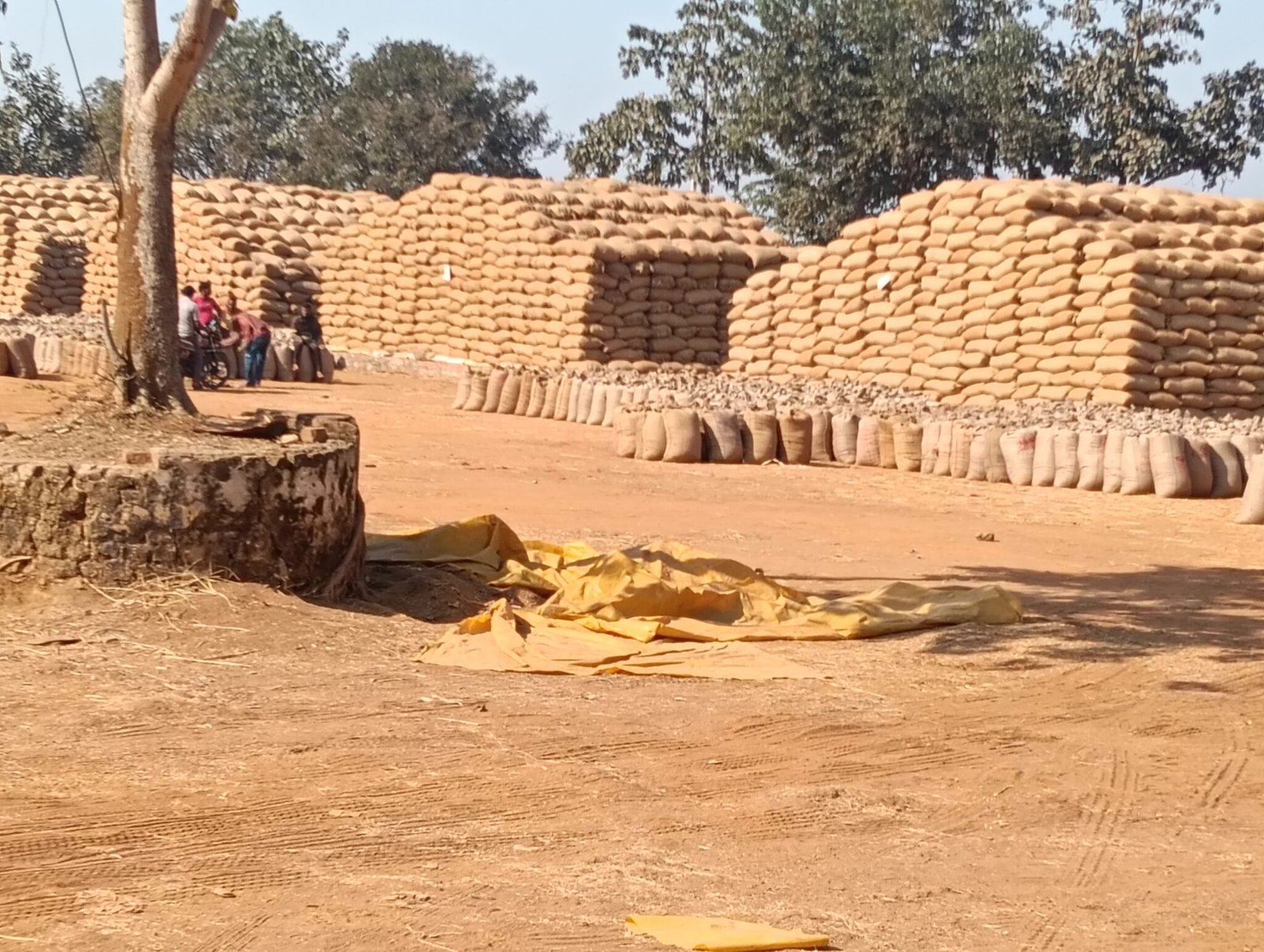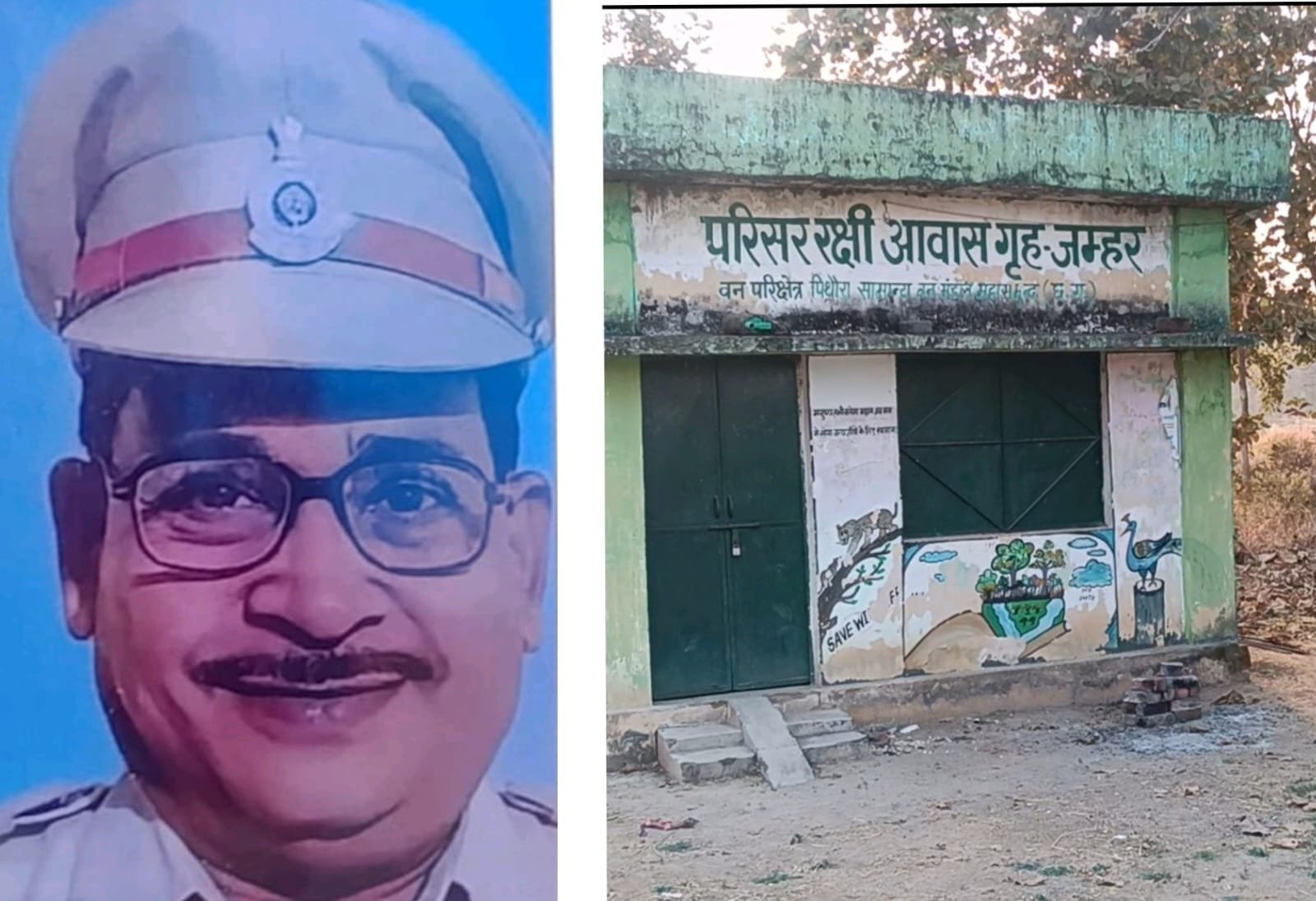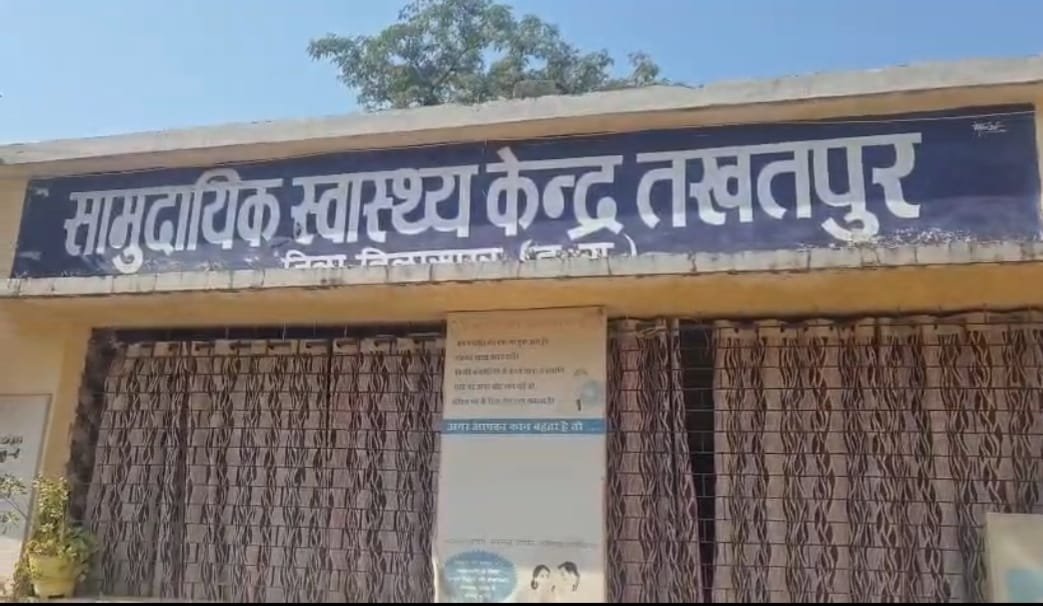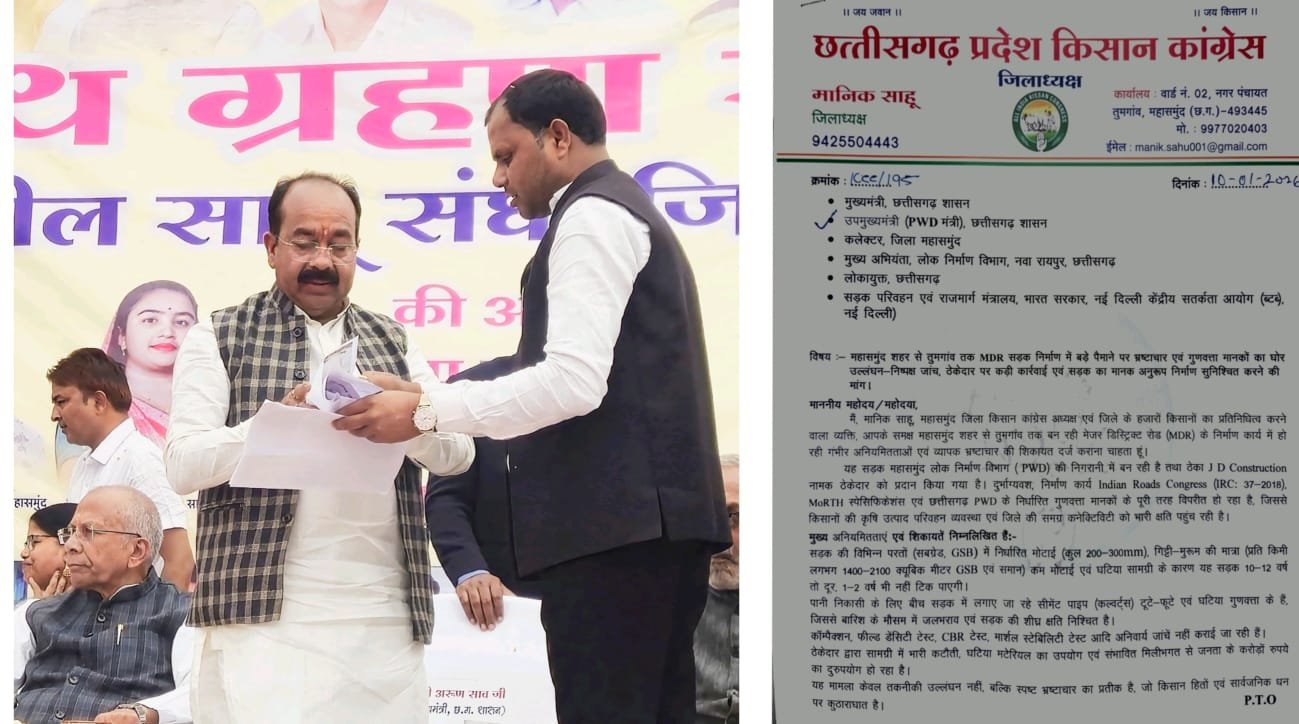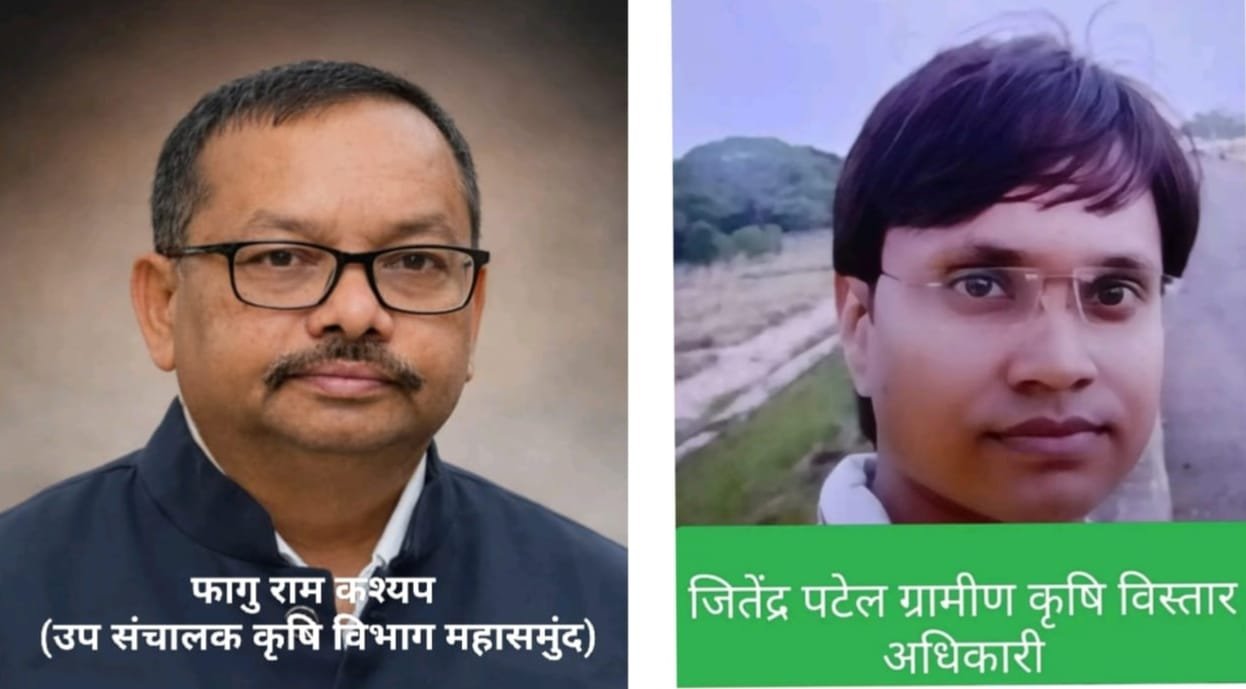“False Alarm, Real Consequences: Rights Group Slams J&K Police for Triggering Wave of Hate After Pahalgam Carnage”
Srinagar /In a stunning indictment of the Jammu and Kashmir administration, the Forum for Human Rights in J&K has squarely blamed the J&K Police for triggering a dangerous and wide-reaching backlash against innocent Kashmiris following the deadly Pahalgam terror attack that claimed 26 civilian lives. The rights group, an independent body co-chaired by former Supreme Court Justice Madan B. Lokur and ex-Kashmir interlocutor Radha Kumar, has accused the police of releasing “hasty and incorrect information” that spiraled into nationwide hate and chaos.
The scathing report titled “J&K – Statehood for Human Rights”, released on the eve of the sixth anniversary of the abrogation of Article 370, paints a chilling picture of institutional failure, communal targeting, and suppression of democratic rights in the region.
A Spark That Ignited a Firestorm!
According to the Forum’s findings, the immediate police communication after the Pahalgam attack wrongly identified two of the terrorists as Kashmiris. This, the report states, “created a permissive environment for hate speech and actions,” unleashing a torrent of online abuse, physical intimidation, arbitrary arrests, and even unlawful demolitions of homes in various states.
“This was not just a misstep—it was a spark that ignited a nationwide firestorm of hate and suspicion,” the report noted. “By the time the National Investigation Agency (NIA) clarified, nearly a month later, that all attackers were Pakistani nationals, the damage had already become irreversible.”
Social media platforms were flooded with violent rhetoric, hate campaigns, and misinformation, painting an entire community with the same brush. What’s worse, even senior government and defense officials weren’t spared. The Forum highlighted how officers of the Army and Air Force and even the Foreign Secretary were viciously trolled for their appeals for restraint and for supporting a temporary ceasefire to prevent further bloodshed.
“Preventable” Tragedy: No Warning, No Protection!
The report casts doubt not only on the government’s response to the backlash but also on its ability—or willingness—to prevent the terror attack in the first place. “Despite heightened threats and intelligence inputs,” it reads, “there was no general advisory issued to warn tourists or residents about possible attacks on crowded or religious sites.”
Calling the lapse in security! “unforgivable,” the Forum stated that had a general warning been issued, the tragedy that unfolded in Pahalgam—one of the region’s most peaceful and sacred sites—might have been averted.
“This wasn’t just a failure of policing. It was a failure of governance, coordination, and basic human responsibility,” Justice Lokur said during the press conference.
Backlash Unchecked: Where Was the Union Home Ministry?
In what is perhaps the most damning section of the report, the Forum accused the Union Home Ministry of taking no preventive steps to shield Kashmiris from the backlash, despite the fact that it was “widely anticipated.”
The report pointed to the stark contrast with 2010, when, following unrest, the then UPA-led government had immediately issued an advisory instructing all states to act against communal harassment. That year, then Chief Minister Omar Abdullah even dispatched his ministers to various states to ensure the safety of Kashmiri students and workers.
“No such move came this time,” the report lamented. “It was silence at the top, and the streets spoke in rage.”
Collective Punishment or Targeted Justice?
Further fanning the flames was the arbitrary application of harsh laws like the Public Safety Act (PSA) and the Unlawful Activities Prevention Act (UAPA). The Forum noted that over 2,800 individuals were detained in the days following the attack, and over 100 were slapped with stringent charges—many without evidence.
“Such actions amount to collective punishment. It felt less like law enforcement and more like revenge,” Radha Kumar remarked. “These arrests targeted an entire population for the failure of the Union Home Ministry and the Lieutenant-Governor’s administration.”
Human rights lawyers and civil society groups have also alleged that many of these detentions were carried out in midnight raids, with no formal charges and no access to legal counsel.
The Ghost of Democracy: Elected Power Erased!
As if the immediate crisis wasn’t enough, the Forum also sounded the alarm on what it called “the systematic dismantling of representative democracy” in the Union Territory. The imposition of the Transaction of Business Rules just weeks before the upcoming assembly elections, it claimed, was a calculated move to hollow out the power of the elected government.
Under these new rules, sweeping powers over civil services, police operations, and even prosecution have been retained by the Lieutenant-Governor, leaving elected officials with little more than symbolic authority.
“These rules nullify the rights of the people to representative and accountable governance,” the report reads, warning that this could further fuel alienation and unrest in the already fragile region.
Conclusion: A Cry for Accountability!
As the sun sets on yet another year since the constitutional reshaping of Jammu & Kashmir, the voices calling for justice grow louder. The Forum’s report is not just a document—it is a cry for accountability, a call for compassion, and a demand for truth.
Will the Union Government address these claims? Will there be reform or at least reflection?
The nation watches.
And Kashmir waits.
